Intensive high-level engagements between Beijing and Washington have raised expectations among the international community for stabilizing relations between China and the United States, despite challenges that remain, observers said.
The interactions demonstrate the two countries' intention to steer their relationship back onto the right track to serve as a window of opportunity to manage divergences and prevent bilateral relations from spiraling downward, the observers added.
Speaking at the sixth annual Bloomberg New Economy Forum in Singapore on Wednesday, Chinese Vice-President Han Zheng said the significant interactions between the two countries have sent positive messages about improving China-U.S. ties. A stable and better China-U.S. relationship is the common aspiration of people from both countries as well as the international community, he added.
Since May, the world has witnessed a discernible acceleration in high-level exchanges between China and the U.S..
Following visits to China by U.S. Secretary of State Antony Blinken, Treasury Secretary Janet Yellen and Commerce Secretary Gina Raimondo this year, high-level contacts between the two countries have increased recently. Chinese Foreign Minister Wang Yi visited the U.S. at the end of last month, while Vice-Premier He Lifeng also visited the country from Wednesday to Sunday.
Meanwhile, the first meeting of the China-U.S. Economic Working Group, conducted on Oct 24 via video link, helped strengthen economic and trade ties, and minimize macroeconomic and financial policy miscommunications. To restart military contact with China, the Pentagon sent delegates to the Beijing Xiangshan Forum, a high-level security and defense platform for international exchanges, which was held from Oct 29 to 31.
Imran Khalid, a freelance columnist on international affairs, said this accelerated pace of interaction is proving to be a stabilizing force, at least plugging the deterioration of the two countries' crucial bilateral relationship.
Ongoing developments in China-U.S. relations show that an encouraging shift has been steadily building between these two global players, and demonstrate an increasing commitment from both sides to foster mutual understanding and enhance cooperation, Khalid said.
Increased engagement
Last month, California Governor Gavin Newsom paid a weeklong visit to China, focusing on topics such as climate change and economic collaboration. His visit followed U.S. Senate Majority Leader Chuck Schumer's trips to Shanghai and Beijing earlier last month, further underscoring the increased engagement between the two nations.
Diao Daming, a professor of international relations at Renmin University of China, said China hopes to stabilize its relations with the U.S. through communications and interactions, but the U.S. must meet China halfway and return to the consensus that the two heads of state reached during their meeting in Bali, Indonesia.
"The U.S. needs to readjust its judgment about China and Sino-U.S. relations, and return to a normal, rational and correct approach for the bilateral relationship to truly remain stable and get back on the right track," Diao said.
Beijing has persistently urged Washington to reconsider its position on several pivotal issues, including the repeal of supplementary tariffs levied on Chinese goods, the revocation of sanctions against Chinese enterprises, the relaxation of technological restrictions, and adherence to the one-China principle on the Taiwan question.
In an article published on the China Global Television Network website, Lawrence H.Summers, former U.S. treasury secretary, said China and the U.S. can work together for common prosperity.
"I find it difficult to imagine scenarios in which the United States succeeds, China does not, and the world works out well, or to imagine scenarios in which China succeeds, the U.S. does not, and the world works out well. That means that the U.S. and China are engaged in what mathematicians would call a positive-sum game," the article said.














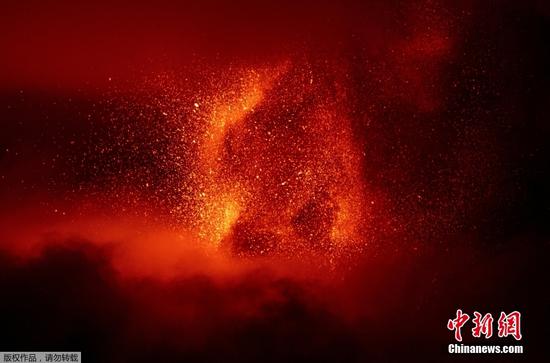

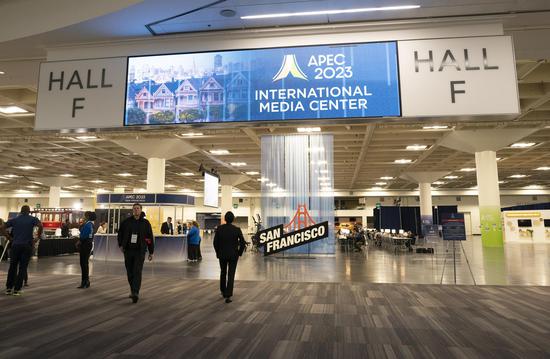
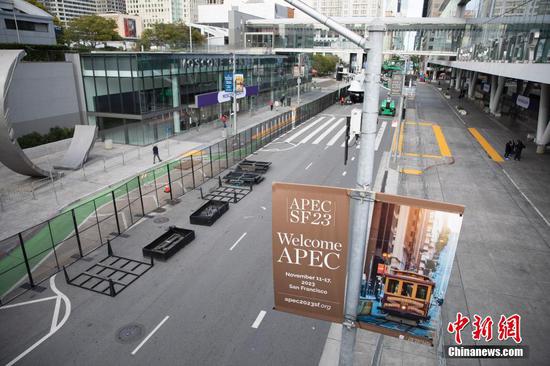



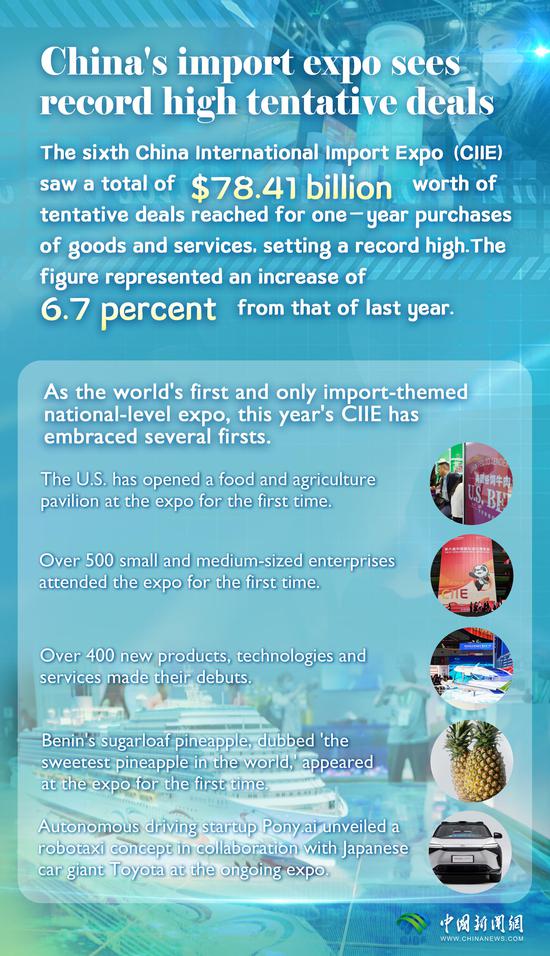
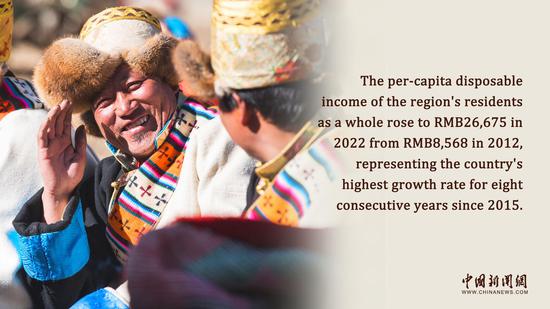

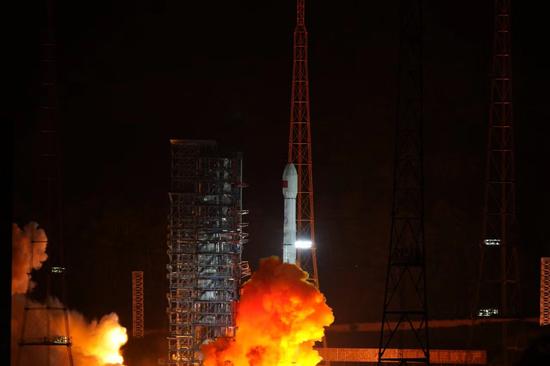





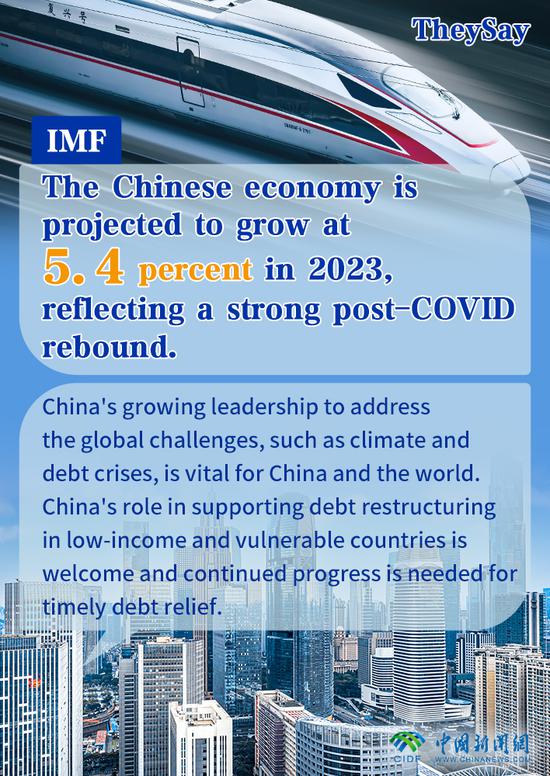
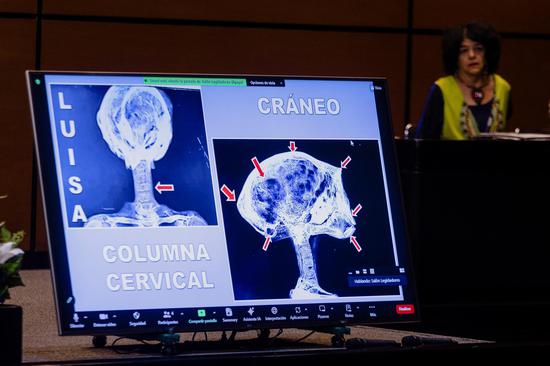






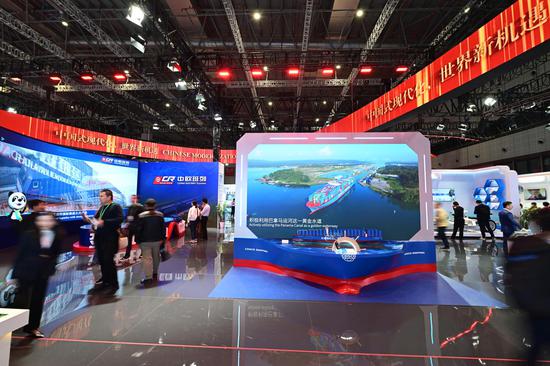
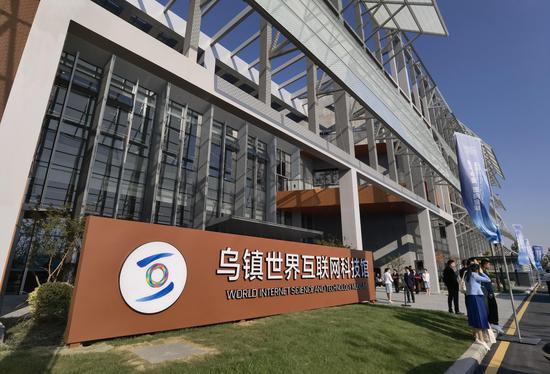

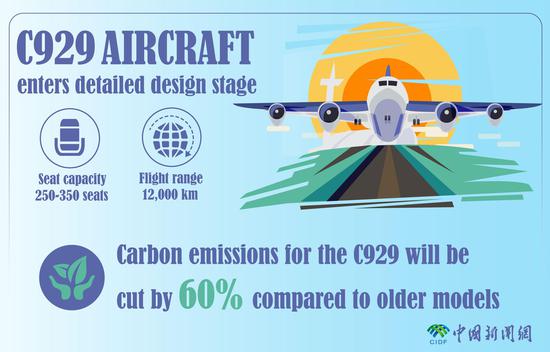
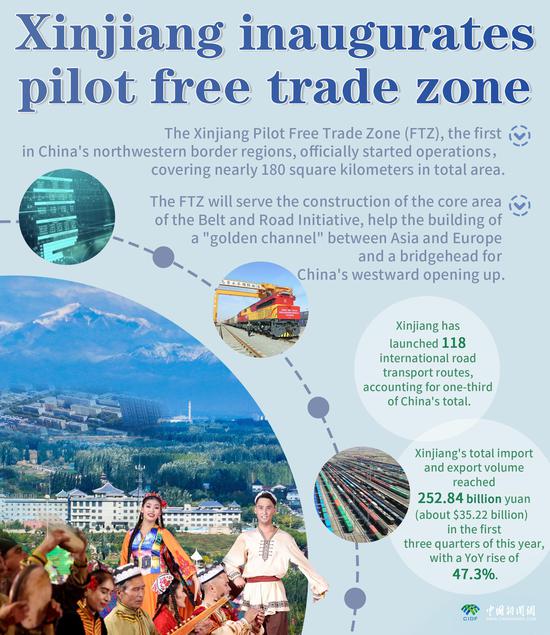
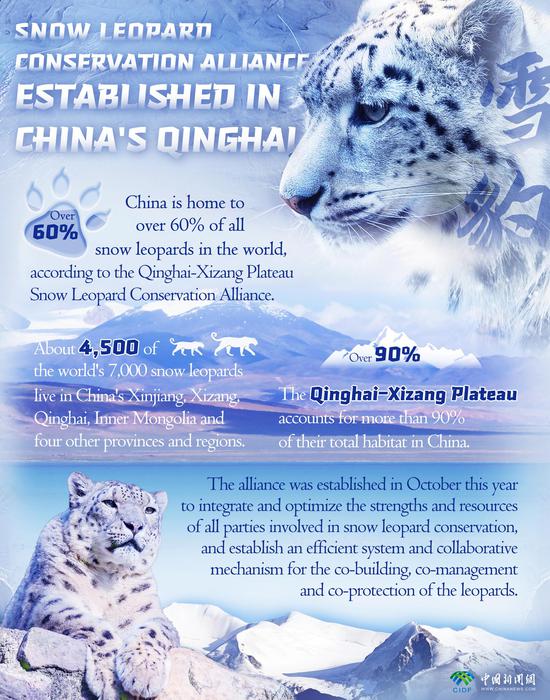






 京公网安备 11010202009201号
京公网安备 11010202009201号